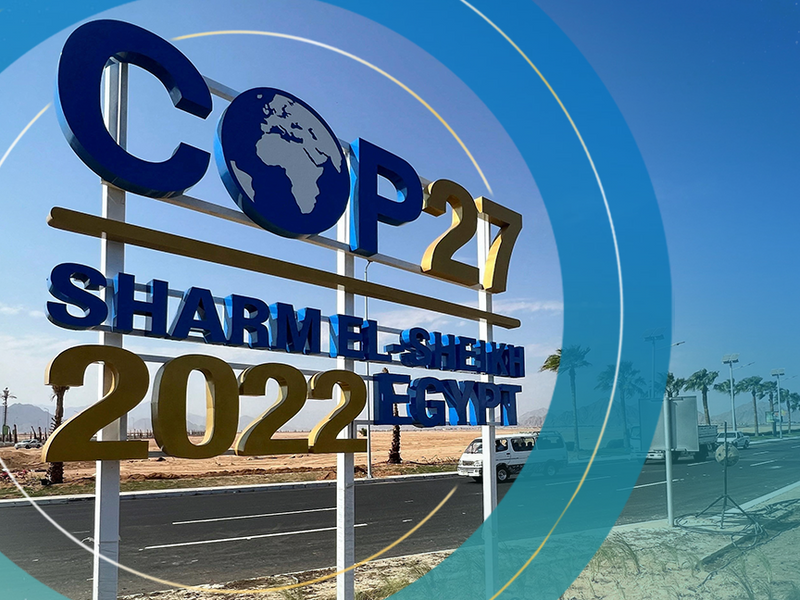As part of the 27th Session of the United Nations Climate Change Conference in Egypt (COP27), the United Nations Environment Program (UNEP), in collaboration with other major climate stakeholders, will hold a side event titled ‘Sustainable Peatland management: the vision of the Congo Basin countries and opportunities for collaboration’.

The event will take place on November 16, at the Pavilion of the Congo Basin Climate Commission (CCBC) and Blue Fund for the Congo Basin (F2BC). Interested participants can now register via the United Nations Environment Program Website.
Other major stakeholders in this event are the Food and Agriculture Organization of the United Nations (FAO) and the Republic of Congo.
The event targets to unite the Congo Basin Leaders and experts in discussing Africa’s shared vision for the ecological sustainability of its peat lands being the world’s biggest carbon reserve and to find political and technical opportunities for partnership.
Read Also: Wanjira Mathai: Climate Finance is the biggest issue at COP 27
The Congo Basin, covering approximately two million square kilometres, is the world’s second-largest tropical forest after the Amazon. It is a source of living for millions of people and a treasure in global climate regulation.
Responsible peatland management entails carrying out operations in an open and accountable manner, according to ethical and humanitarian standards, and promoting stewardship of the peatland resource in ways that will be appropriate for future generations.
A Strategy for Responsible Peatland Management (SRPM) implementation was first produced by the International Peatland Society in 2010 following conferences and major contributions involving more than 100 peatland and peat stakeholders from many countries.
Read Also: COP27: Ruto blames the West over delay measures toward Climate Change
The protection and restoration of damaged peatlands are critical to meeting climatic goals of decarbonization and adaptation; thus, more scientific study and management of these ecosystems are required. It is critical to establish strategic options that will aid in defining important actions for Congo Basin nations in combating climate change and promoting sustainable development in peatland regions.
















